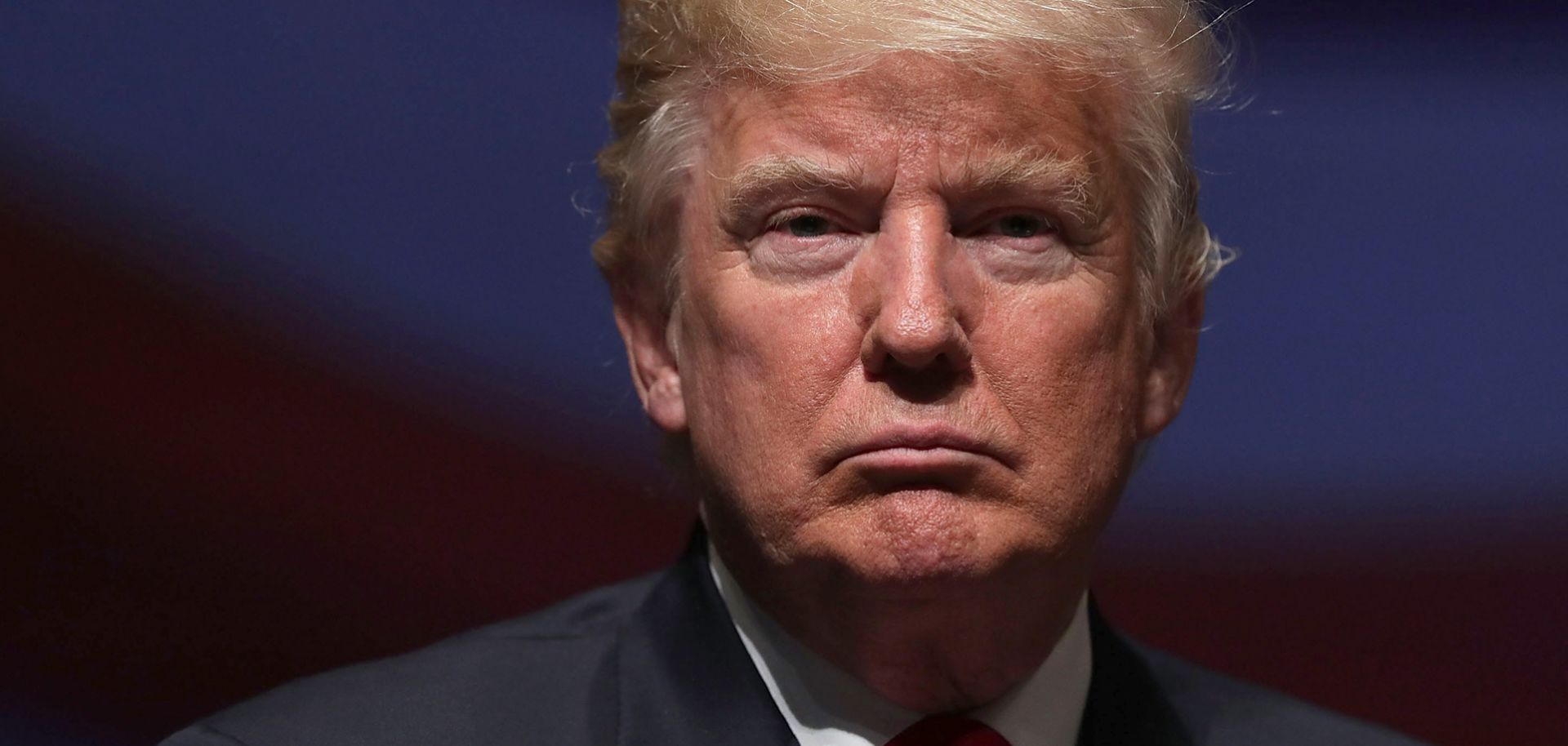For the past four years -- and even since Donald Trump won the U.S. presidential election -- Japanese Prime Minister Shinzo Abe has tirelessly championed the Trans-Pacific Partnership (TPP). Now, despite his attempts to keep the deal alive, Abe seems to have given up hope that the agreement will ever come to fruition. On Tuesday, a day after Trump announced his plan to pull the United States from the deal during his first 100 days in office, Abe declared the TPP a lost cause, saying it would be "meaningless" without Washington's participation.
For both leaders, the agreement's significance transcends its potential economic effects. But while Abe saw the pact as a commitment to combat China's growing influence and preserve the status quo in the Asia-Pacific region, Trump considered it another opportunity for the United States to overextend its reach at the expense of its workers. With that in mind, the president-elect...

